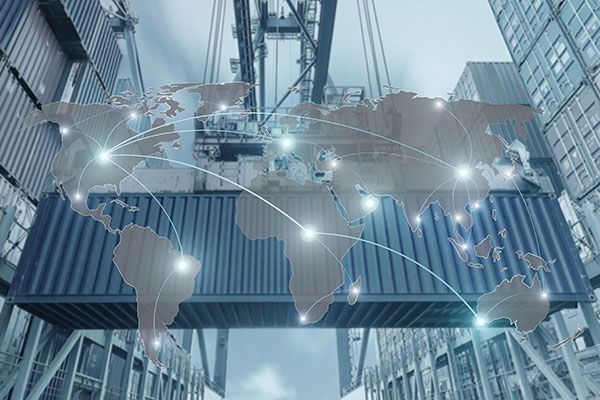
World economy ‘likely to see big growth in H2’
DUBAI, June 27, 2017
The world economy is showing decent signs of growth for the second half (H2) of the year, although momentum is expected to moderate somewhat, a report said.
Europe’s growth is above trend, and the lack of significant tightening by the European Central Bank (ECB) should sustain it, with Asia still the main driver of global growth, added the report titled “Global Focus Q3 2017: Swans, bulls and bears” released by Standard Chartered.
The last Global Focus highlighted the rekindled animal spirits and elevated confidence that were driving the world economy to a solid H1 performance, themes that have played out as expected. Monetary policy is still the only game in town – tightening by major central banks remains the key risk – but the reflation euphoria that followed Donald Trump’s election has now died down, with the reflationary policies that he promised failing to be implemented.
Within a six-month period, positive expectations of reflation in the US have been replaced by concerns over deflation risks. Standard Chartered is forecasting one more hike this year, followed by another two in early 2018.
In China, strong H1 performance gives the authorities room to tighten monetary policy and also focus on deleveraging. As a result, H2 growth is expected to be slightly lower than H1, but to stay above 6.5 per cent (6.6 per cent forecast for the full year). This should be positive for the world economy.
Geopolitics is one of the unknown unknowns facing the world economy. As the world moves from under US hegemony to a more multipolar world, risks and tensions will rise. In order to defend their interests, countries will have to build relations with other superpowers such as China and become more self-sufficient when it comes to defence.
As superpowers establish their positions and a new global equilibrium is established, other countries will also have to cooperate more closely with their neighbours in order to remain relevant in global affairs.
In Europe, the latest elections have shown that anti-European sentiment is mostly an English phenomenon. Elections in France and the Netherlands, and even local elections in Italy, did not reward anti-European candidates. Despite Brexit, the positive outcome is that political risk in Europe has diminished significantly, with a push towards greater integration.
In the Middle East, countries are recognising the need to become more self-reliant in protecting their own interests. The UAE and Saudi Arabia have significantly increased coordination on regional and global affairs in the past two to three years.
Global trade has also featured prominently on the geopolitical agenda. Despite anti-trade rhetoric, Standard Chartered believes a trade war is highly unlikely to materialise. Global supply chains and the WTO make it very difficult for such an event to take place and if it did occur, the US would be damaged first, as discussed in the recent Special Report on global trade.
Marios Maratheftis, chief economist, said: “The world economy is back on track. Growth rates have returned to levels not seen since the global financial crisis, and we expect the positive momentum to continue in H2. Geopolitical risk is difficult to price in, and we expect this to continue in the coming months; but it has declined significantly in the euro area. A policy mistake is the biggest risk to our outlook as central banks normalise monetary policy.” – TradeArabia News Service







